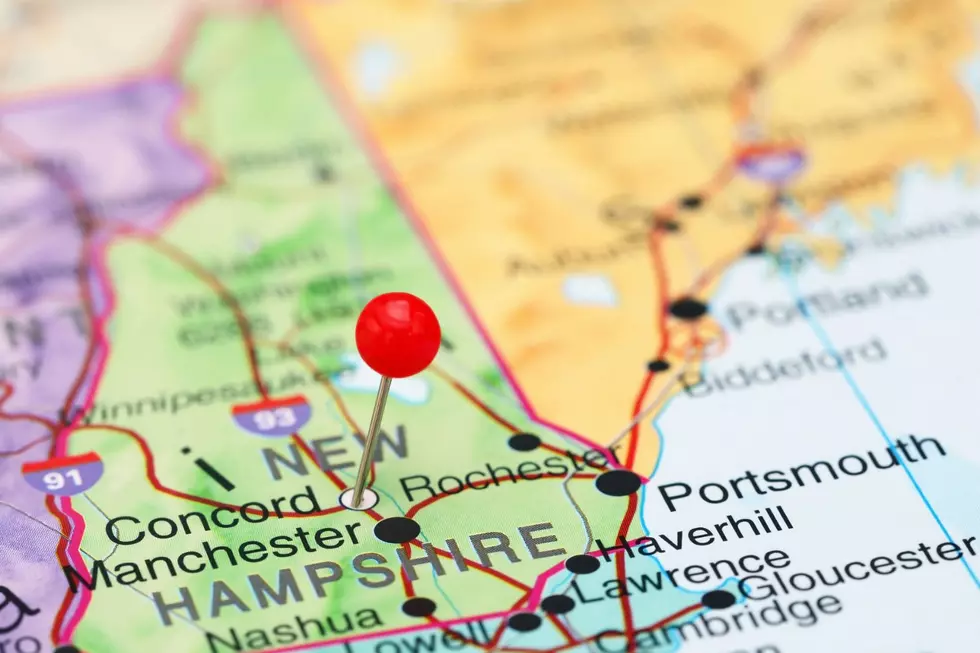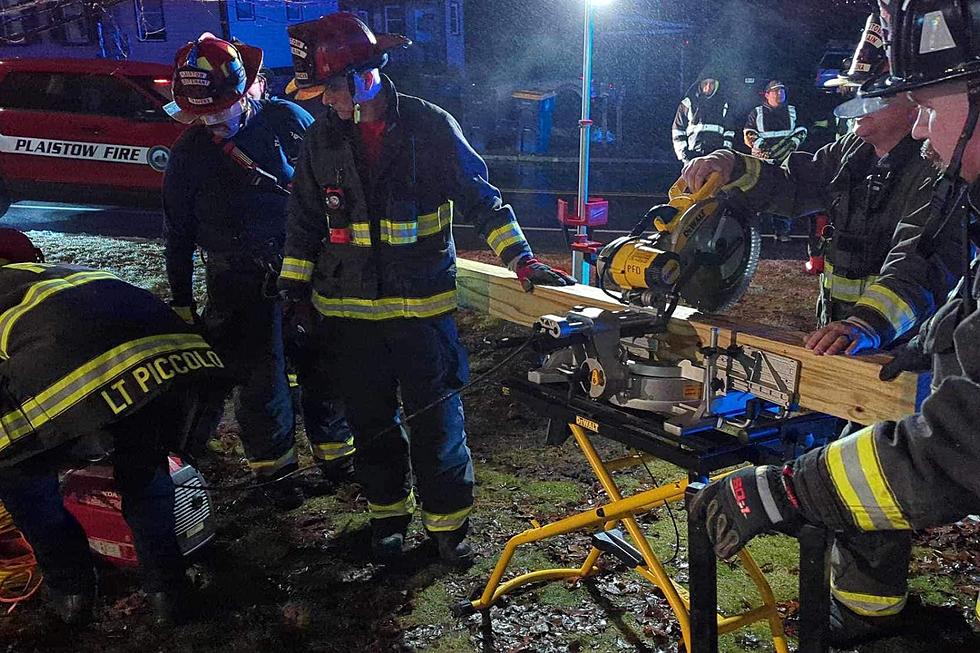
More Baby Formula Coming to Seacoast Stores in 8-10 Weeks
There's good news and bad news in the shortage of baby formula at Seacoast retailers.
The good news comes from the Biden Administration, which announced that it will invoke the Defense Production Act, speeding the production of the formula and also authorizing imports of formula to the U.S.
The Defense Production Act will require manufacturers to produce infant formula before any other product.
"Directing firms to prioritize and allocate the production of key infant formula inputs will help increase production and speed up in supply chains," the White House said in a letter.
Democratic Sen. Maggie Hassan crossed the aisle to co-sponsor legislation with Florida Senators Marco Rubio and Rick Scott, which would have directed the Biden Administration to invoke the Defense Production Act to produce baby formula.
"I’m pleased to see the administration heed my call to invoke the Defense Production Act to increase the supply of baby formula. Families can’t wait, and we need to get formula to parents and kids ASAP," Hassan said in a tweet.
Operation Fly Formula will also help get more formula on the shelves of retailers. Biden directed the Department of Health and Human Services (HHS) and the U.S. Department of Agriculture to use Department of Defense commercial aircraft to pick up overseas infant formula as soon as possible.
Imported Formula May Look Different
Surgeon General Dr. Vivek H. Murthy in a PSA with First Lady Jill Biden said that imported baby formula may look different than what they're used to seeing.
"I know that can feel like a big change and it can be scary, but all infant formula on the shelf is safe for your baby," Murthy said. "All formula will meet the FDA's gold standard and only safe formula will come to American shelves."
Earlier this week, the FDA also reached an agreement with manufacturer Abbot Nutrition about resuming production at its Michigan plant after production was halted in February when four infants consumed formula contaminated with a bacterial infection. Two of the infants died.
Still a Wait for Formula
The bad news is that we are still at least 8-10 weeks away from getting a more robust supply.
One way mothers are getting around the inventory issues is by making their own formula.
It's not a good idea because manufacturers have a very specific makeup, according to chief neonatologist Dr. Christopher Rouse at Wentworth-Douglass Hospital in Dover.
"The formulas each have their own special concentration of proteins, carbohydrates, sodium, potassium, calcium phosphorous, and iron. All these things are very specific to infants and it's even more important for pre-term babies that potentially have multiple medical conditions," Rouse told Seacoast Current. "Trying to get all those things right is challenging, and it's something formula companies spend a lot of time trying to perfect."
Rouse said that the formulas are made in aseptic conditions to protect against contamination, which are hard to replicate in a private home.
Some are sharing the formula recipes their parents and grandparents used over 30 years ago. Rouse said it's best to trust the science of what makes up today's well-researched formulas so that a baby doesn't get too much or too little of the formula's key ingredients.
"All of those things are important so baby doesn't have electrolyte abnormalities, and gets the correct proportion of fat and protein and carbohydrates for their brain to develop correctly."
How to Get Baby Formula
So what does a parent struggling to find formula do? First and foremost, Rouse said parents should talk to their pediatrician about possible substitutions.
"Going to the formula websites can also be helpful. They also have frequent updates on where they're at in terms of things they're trying to do to improve their stocks, as well as what stores have in stock," Rouse said.
Rouse said Wentworth-Douglass has a sufficient supply of formula to care for its newborns and neonatal intensive care babies.
New Hampshire Attorney General John Formella warned of scams and price gouging related to the shortage of baby formula.
"No New Hampshire family trying to provide critical nutrition to their children should be price gouged or scammed. Anyone seeking to take advantage of this crisis in a manner that violates the law will be held accountable," Formella said in a statement. "If Granite State consumers notice any exorbitant spikes in baby formula prices, I encourage them to report them to my office immediately."
Contacts for the New Hampshire Consumer Protective Hotline are:
- Phone: 1-888-468-4454
- Email: DOJ-CPB@doj.nh.gov
- Website: doj.nh.gov/consumer/complaints/
Parents struggling with finding formula should visit healthychildren.org.
Contact reporter Dan Alexander at Dan.Alexander@townsquaremedia.com or via Twitter @DanAlexanderNH
Trending Stories for Seacoast Current (May 9-15, 2022)
More From Seacoast Current








